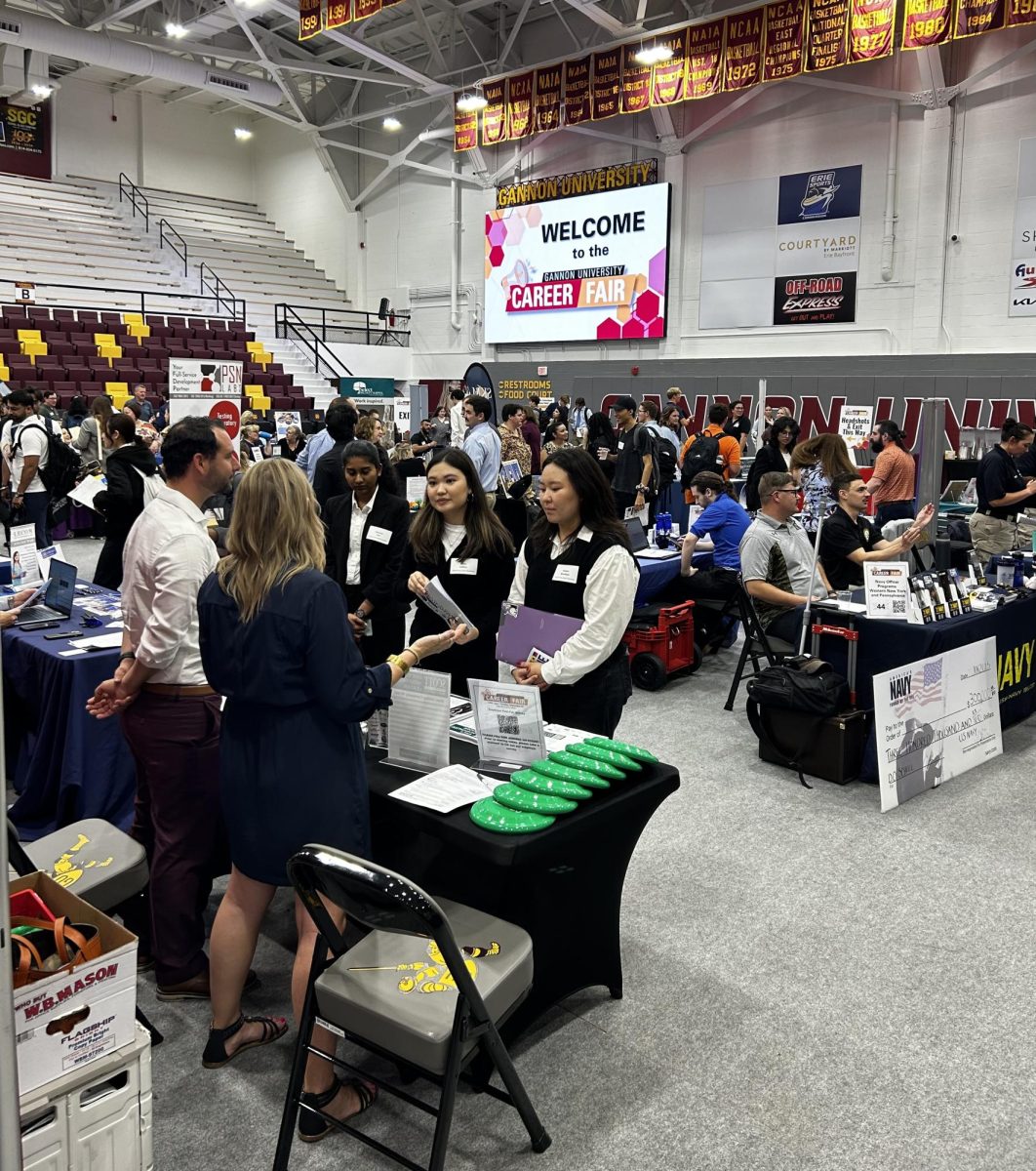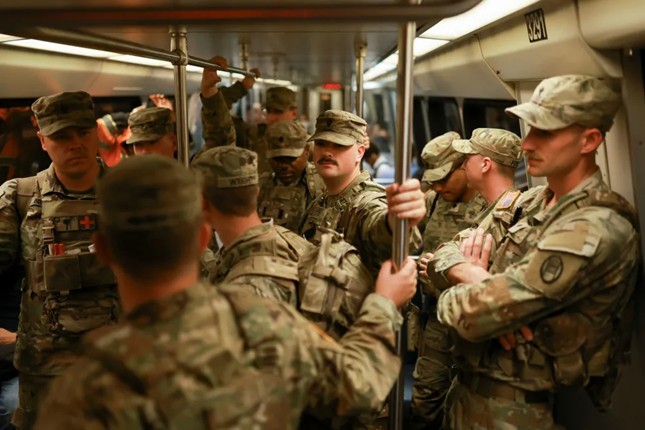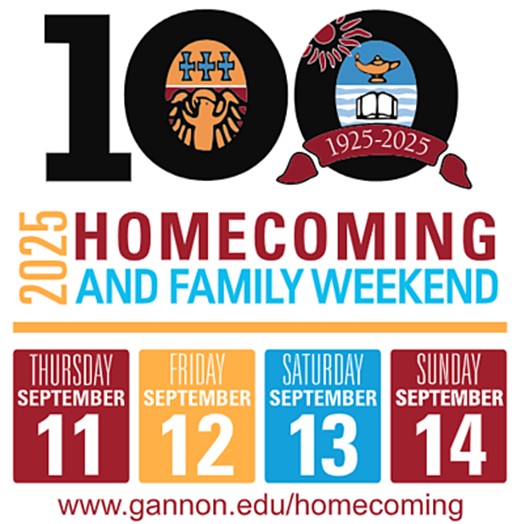Major changes may be in store for Gannon University’s Student Government Association, including amending the organization’s constitution, eliminating unnecessary committees and slashing the number of student representatives for each class.
The obstacle: finding a way to put these ideas into action.
SGA will vote on one proposed solution – bringing in a pair of private consultants to help restructure the organization – at the general assembly meeting at 7:30 p.m. Thursday in Room 219 of the Waldron Campus Center.
If the motion passes, the consultants – Nick Tarant and Steve Wymer – would be paid for with approximately $8,000 from SGA’s “special projects” account. Other options, like finding an internal consultant with Gannon’s organizational learning and leadership doctoral program, will also be discussed at Thursday’s meeting.
The special projects account – a fund made up of money collected from 37 percent of students’ $56/semester activities fee – currently has $33,600 in available funds, said SGA president and senior political science major Tom Panighetti. Unspent special projects money rolls over from year to year.
Some students say the price tag for the consultants is just too high.
“Eight thousand dollars is a lot of money to be spending on something like that, and it could be better spent at other places around campus,” said Patrick Chounet, a junior math major. “Besides, the people on that board will only last for at most four years – maybe five. How can we guarantee that the knowledge gained will be passed on?”
A group of eight students who attended a student government “anti-conference” facilitated by Tarant and Wymer presented at the Nov. 18 general assembly meeting to propose the changes.
Allison Adkins, a junior liberal studies major and SGA class representative, said the anti-conference challenged her to think about connecting SGA’s efforts with the student body as a whole.
“There’s really no activity going on outside of the meetings, and that’s what we want to try and bring back – having more projects, doing more things for the students and hearing what students want. We don’t really have a bond with the students. A lot of the students don’t know what we do.”
She added that an external perspective will help jolt SGA into becoming a more vigorous organization.
“We need an outside person to come in and say, ‘Well, this is what we’ve seen work, and this is what we’ve seen that has helped people in the past,’” she said. “A lot of the people who went to the anti-conference think that if we hold off on it and we just push it back, it’s never going to happen.”
Currently, SGA has nine representatives per class, but the presenters suggested cutting that to a number like five or seven to make SGA more efficient.
Kathleen Gausman, associate dean of student development and SGA faculty adviser, said the number of representatives per class was upped from seven to nine between three and four years ago when the then-president of SGA thought it would provide a wider range of student representation.
Gausman applauded the presenters and acknowledged that although the vote didn’t go through during the Nov. 18 meeting, there is still an opportunity for SGA members to integrate ideas from the anti-conference in a timeline that will be satisfactory for all involved.
“So many times we’re afraid of change,” she said. “I think it’s always good to take a critical eye to how we do things, with the intention of making them better…it’s not change just for change’s sake. It’s change because we want to see it get better, be progressive or to get with the times.”
Editor’s note: The original version of this article incorrectly listed the consultants as co-founders of the American Student Government Association, which is incorrect. They were paid speakers at some ASGA conferences, but have not been involved in ASGA since 2006. Neither was employed by ASGA until after the association was founded.
The online version of this article was corrected Dec. 1, 2010. The Knight regrets this error.







